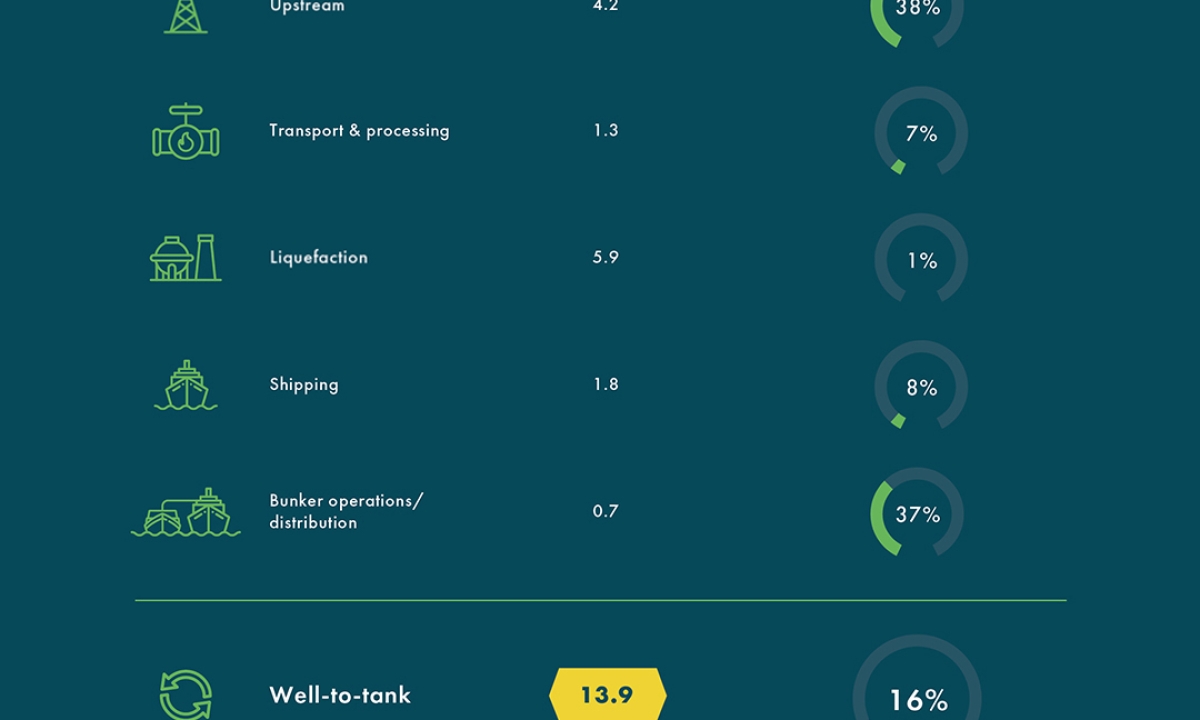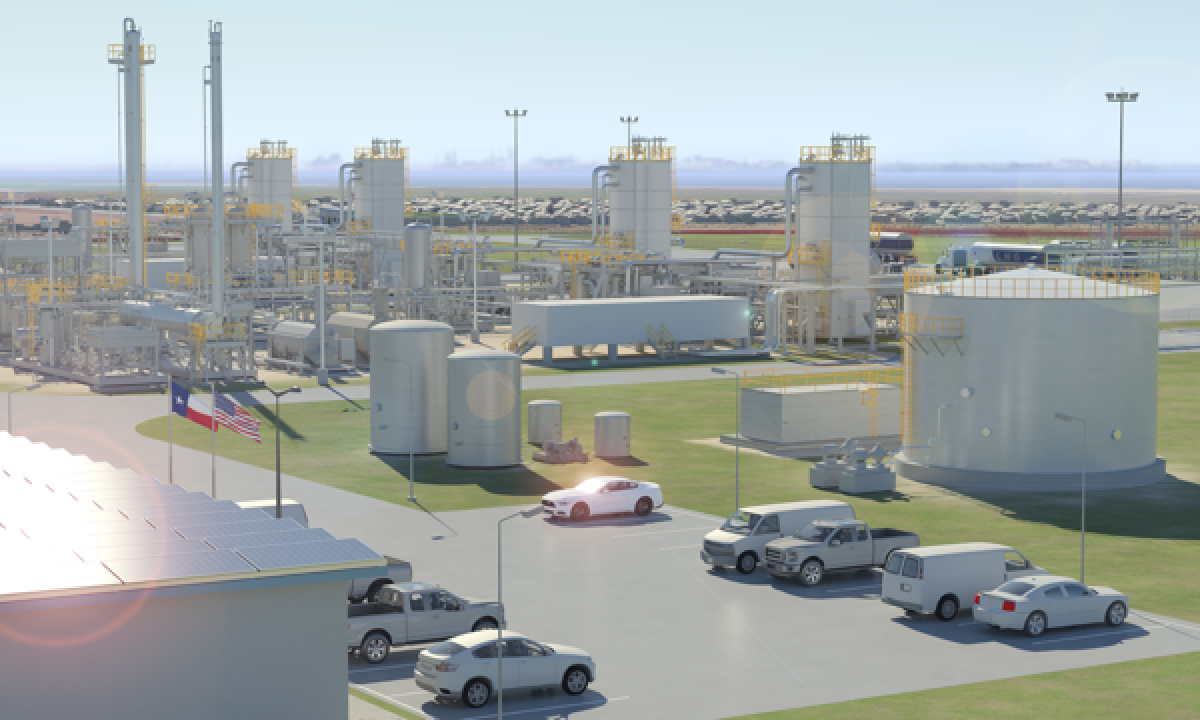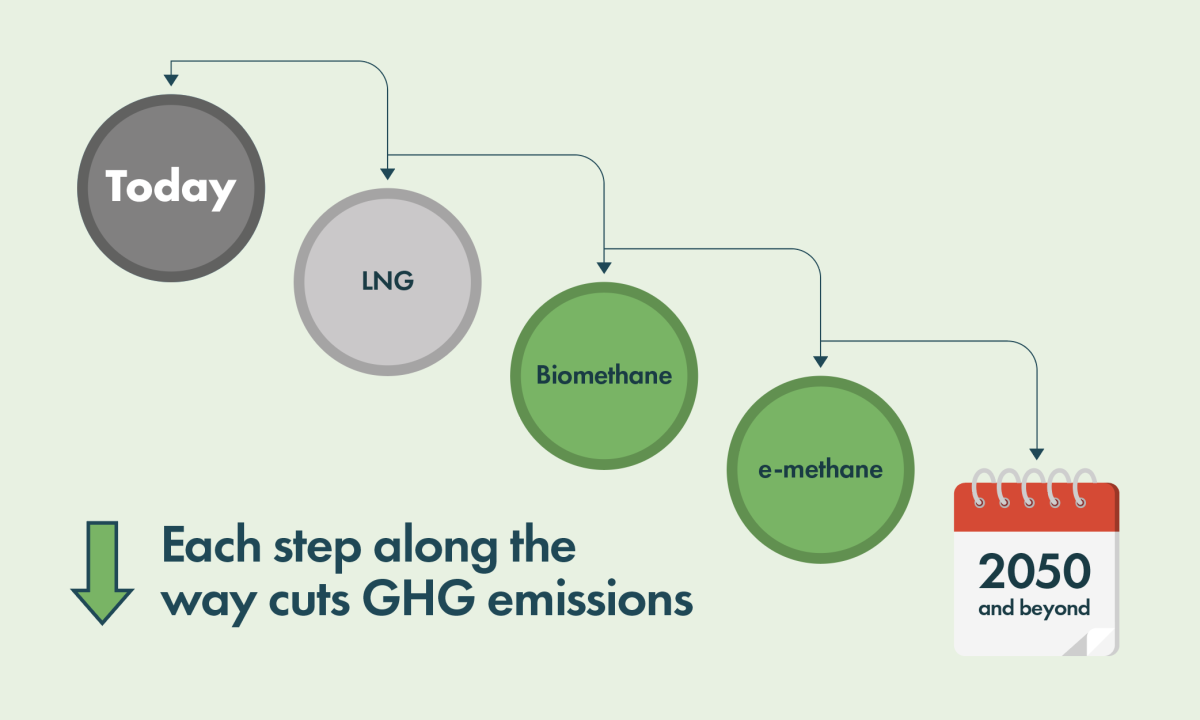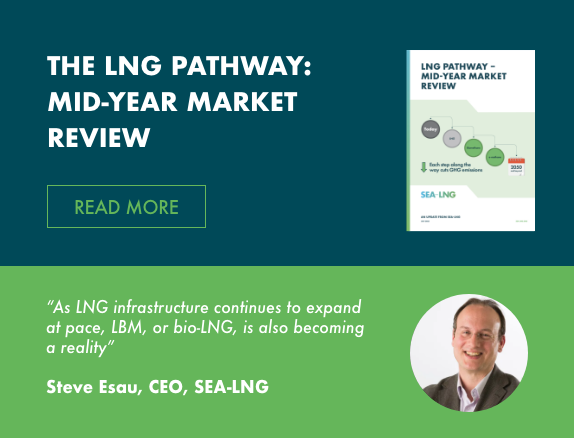30th November 2021
SEA-LNG BACKS EUROPEAN REGULATION FOR CLEANER SHIPPING

SEA-LNG fully supports the objectives of the European Commission to create a common regulatory framework to address maritime greenhouse gas (GHG) emissions in line with the European Green Deal objectives, while emphasising its preference for new regulations to be set at the global, IMO, level.
SEA-LNG is pleased to note that the proposed policy measures are goal-based and technology neutral which will help the shipping industry to deliver effective emissions reduction now and achieve net-zero emissions as soon as possible. The coalition particularly welcomes the recognition within FuelEU Maritime that the GHG emissions intensity of marine fuels needs to be calculated on a Well-to-Wake basis and should include all major GHGs (carbon dioxide, methane, and nitrous oxides).
We recognise that the proposed basket of measures relating to the maritime sector is supportive in principle of LNG and the decarbonization pathway it offers through bioLNG and, ultimately, renewable synthetic LNG, which is derived from the same hydrogen base as other alternative fuels.
Although SEA-LNG welcomes the objectives of the Fit for 55 policy package, there are a number of key issues that the Coalition believes need to be addressed if decarbonisation of the shipping sector is to be successful. These include:
- First, the methodology for calculating the emissions performance for different maritime fuels in FuelEU Maritime may be unworkable as it proposes different approaches for renewable and low-carbon alternative fuels and fossil fuels.
- Second, the absence of a Guarantee of Origin system in RED III. This will tend to undermine market liquidity and hinder the ramp-up of renewable gases such as biomethane and synthetic methane (e-methane) and their liquefied equivalents bioLNG and synthetic LNG (e-LNG) in RED III.
- Third, the focus on tank-to-wake emissions only in the revision to EU Emissions Trading Scheme (ETS). The full life cycle must be considered. Restricting the analysis to tank-to-wake may lead to renewable and low carbon fuels being severely disadvantaged against fuels such as ammonia and hydrogen, if they are produced outside the EU from fossil fuels.
We are also concerned about potential issues of coherence between different policy measures, with particular focus on the FuelEU Maritime, RED II, and RED III. There is an absence of a clear and consistent definition of renewable and low-carbon fuels. This could lead to the exclusion of certain important alternatives such as bioLNG and renewable synthetic LNG.
DOWNLOAD SEA-LNG'S FEEDBACK



